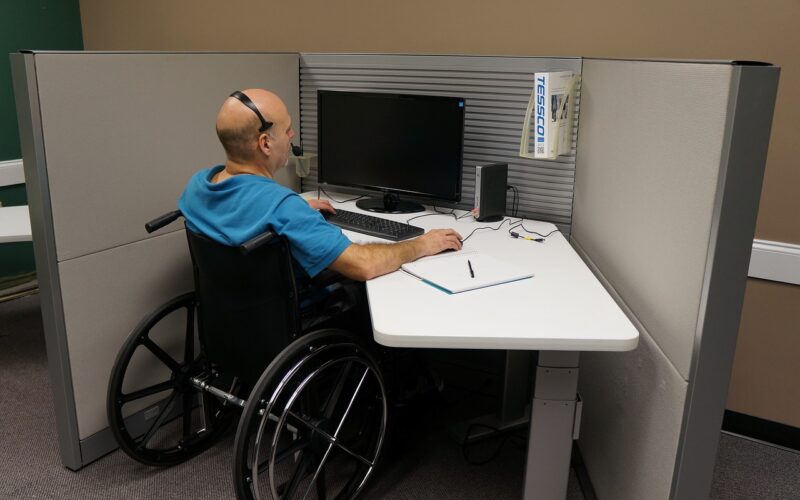Upon walking into a well-maintained building, one may not immediately reflect on the complex operations and vigilant management that make it so.
Primarily accountable for these undertakings is the building manager, whose duties extend far beyond simple upkeep. Safety responsibilities constitute a significant fragment of a building manager's obligations, encompassing an array of tasks – from ensuring routine checks to liaising with emergency services such as plumbers and boiler repair Manchester technicians and electricians.
The essence of a building manager's role in safety is proactive prevention; this involves routine inspections of the premises to identify potential hazards or maintenance requirements. It is not merely a matter of responding to issues as they arise but predicting and mitigating risks to circumvent incidents before they occur.
Regular safety audits as a preventive measure
Safety audits form the backbone of a building manager's agenda. Through systematic evaluation, potential risks are identified. This may include anything from trip hazards in communal areas to more significant concerns such as structural integrity. Incorporating audits into a periodic maintenance schedule is crucial as it ensures that no aspect of the building's safety is left unchecked.
Collaboration with professional service providers
Building managers must foster relationships with various service providers, including a plumber Manchester, electrician, and repair professionals. These partnerships are vital because they guarantee that issues requiring specific expertise are managed effectively. For instance, a call to an emergency plumber Manchester might be necessitated by a sudden leak that poses a risk to the building's safety. Similarly, regular boiler installation Manchester and repair carried out by skilled technicians ensure heating systems function correctly and safely year-round.
Implementing safety training for staff
Workers within the building, from janitorial staff to security personnel, need to comprehend safety protocols thoroughly. It's incumbent upon the building manager to provide adequate training that encompasses emergency evacuation procedures, the use of fire extinguishing equipment, and first aid. Armed with such knowledge, the staff become pivotal assets in maintaining a secure environment.
Maintaining a detailed record of safety measures
Documentation is a critical component of any effective safety management strategy. Detailed records of inspections, maintenance, training sessions, and incident reports enable building managers to assess safety measures' ongoing effectiveness. This historical data is indispensable during audits, regulatory inspections, or in the unfortunate event of an incident investigation.
Keeping abreast with safety regulations and compliance
A building manager must stay informed about current safety regulations and compliance requirements. This includes understanding any legislative changes that could impact building maintenance and operations. Adherence to such standards is not merely a legal obligation but a moral one, ensuring occupants' well-being.
Professional building managers understand that safety is an ongoing commitment. It encompasses daily duties and broader strategic planning. By methodically approaching this responsibility, a building manager can create an environment that is not only functional and aesthetically pleasing but one that inherently supports the wellness and safety of its occupants.
The building manager assumes the mantle of safety guardian, a role involving regular maintenance checks, coordination with technical experts, staff training, diligent record-keeping, and steadfast adherence to safety standards. Occupants may be blissfully unaware of the constant vigilance behind the scenes, but therein lies the artistry and diligence of a dedicated building manager.











